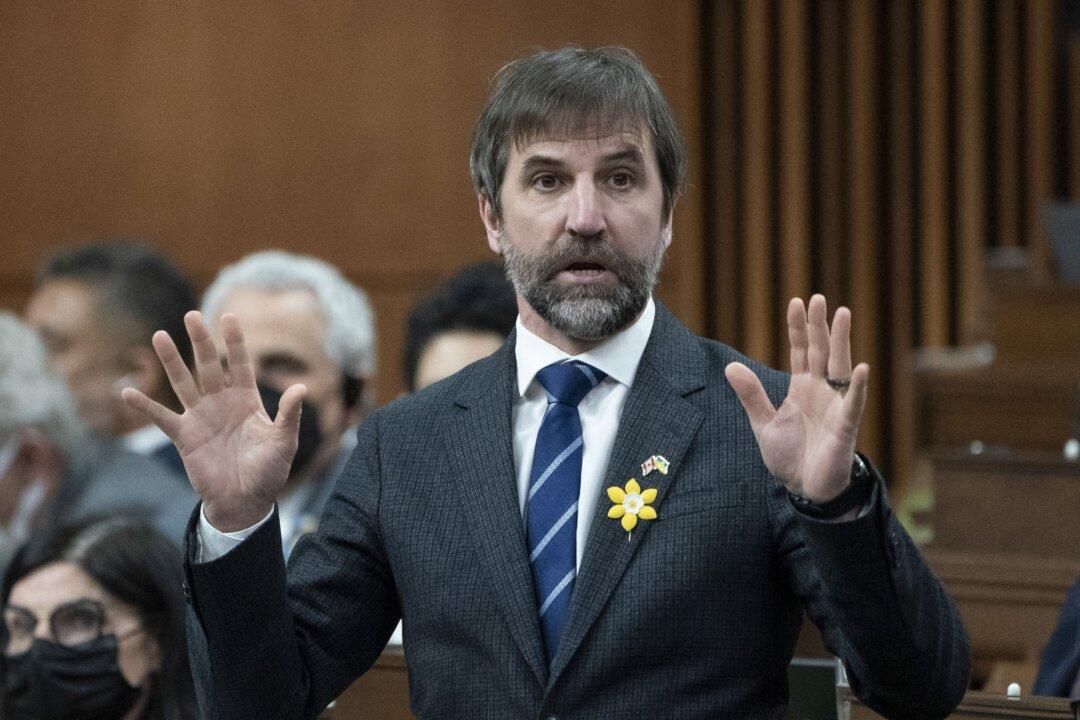Over half of Canadians, 53 percent, say the federal carbon tax is ineffective at combating climate change, according to a new poll by Nanos Research, with most also saying now is a bad time to increase the tax.
The poll, commissioned by CTV News and released Aug. 6, reported that two-thirds (67 percent) of Canadians said it was either “poor timing” (21 percent), or “very poor timing” (46 percent) to increase the carbon tax.





